Metrics, Management, & Monitoring (3M)
An Investigation of Pasture and Rangeland Soil Health and Its Drivers
What are the goals of the project?
For decades, farmers and ranchers who have implemented soil health principles have improved the overall health of their land, experienced more profitable operations and lived happy, healthy lives. These observations have — to this point — been largely anecdotal.
This project will seek to quantify these observations. The project will uncover how management decisions on pasture and rangeland are interconnected to the overall health of the ecosystem. This will allow producers to make informed decisions to benefit their operations, while improving the overall health of their land for the betterment of society.
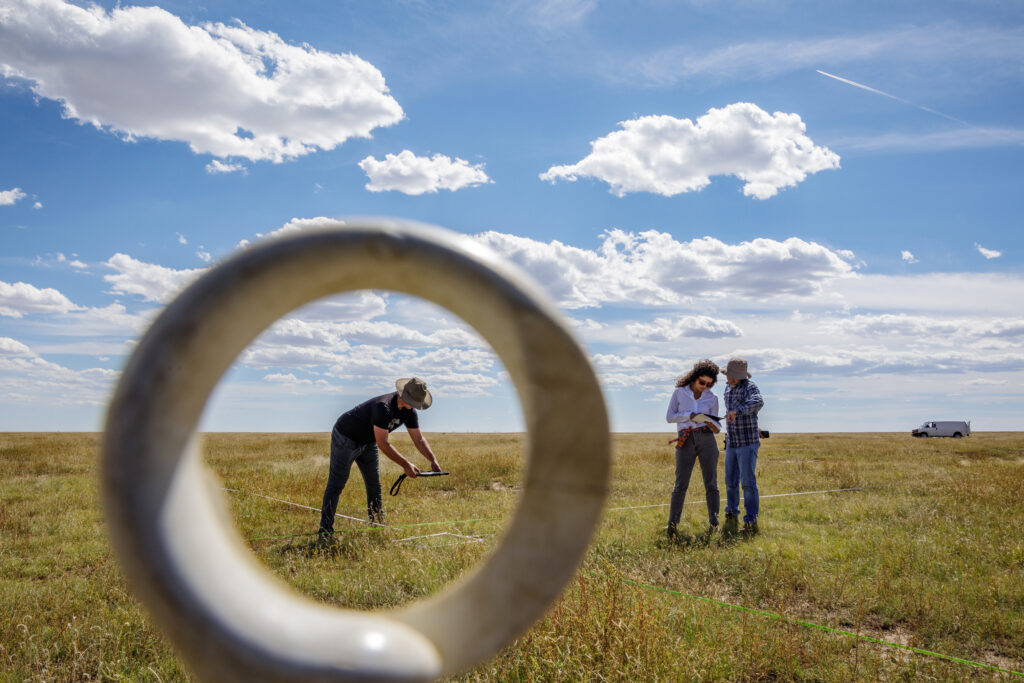
The five-year study specifically
will seek to:
Quantify soil health metrics for grazing land environments and link remote sensing capabilities.
Determine how farmers and ranchers’ management practices impact soil health and carbon sequestration in pasture and rangeland.
Determine how farmers and ranchers’ management practices impact soil health and carbon sequestration in pasture and rangeland.
Total Cost More than $19M
Funding

$9,000,000

$7,500,000
Additional funding Provided by

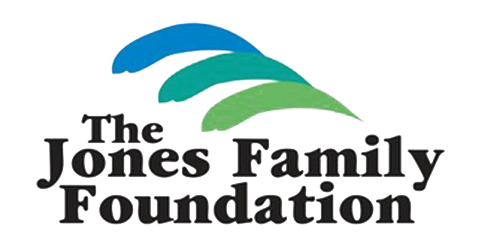

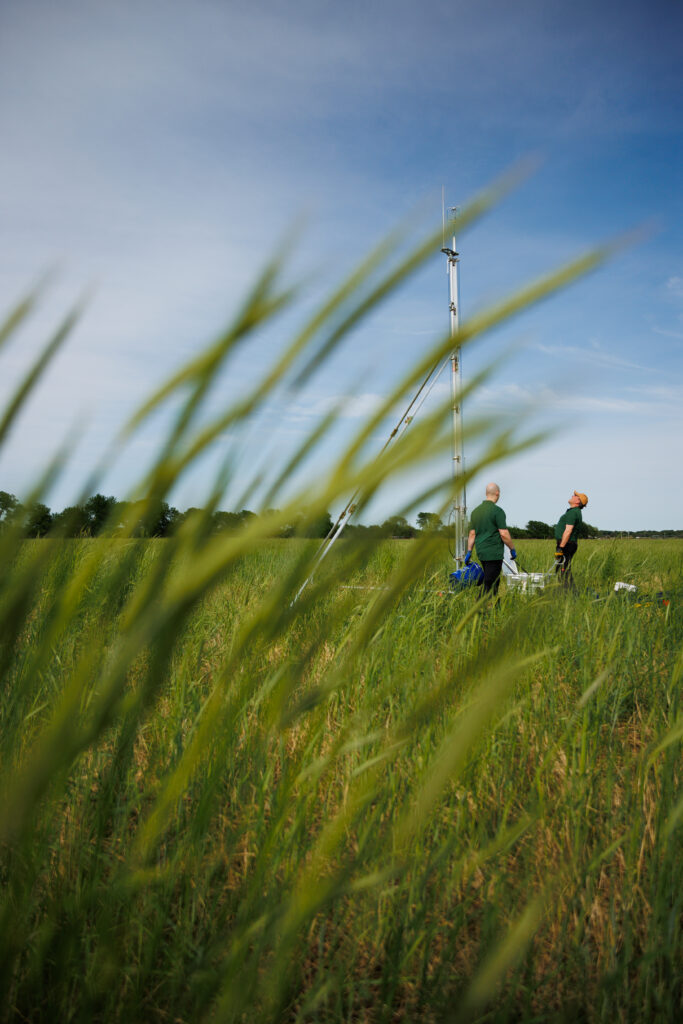
Who is doing the project?
Researchers from 11 nonprofit organizations, private research organizations and public universities in the United States and the United Kingdom.
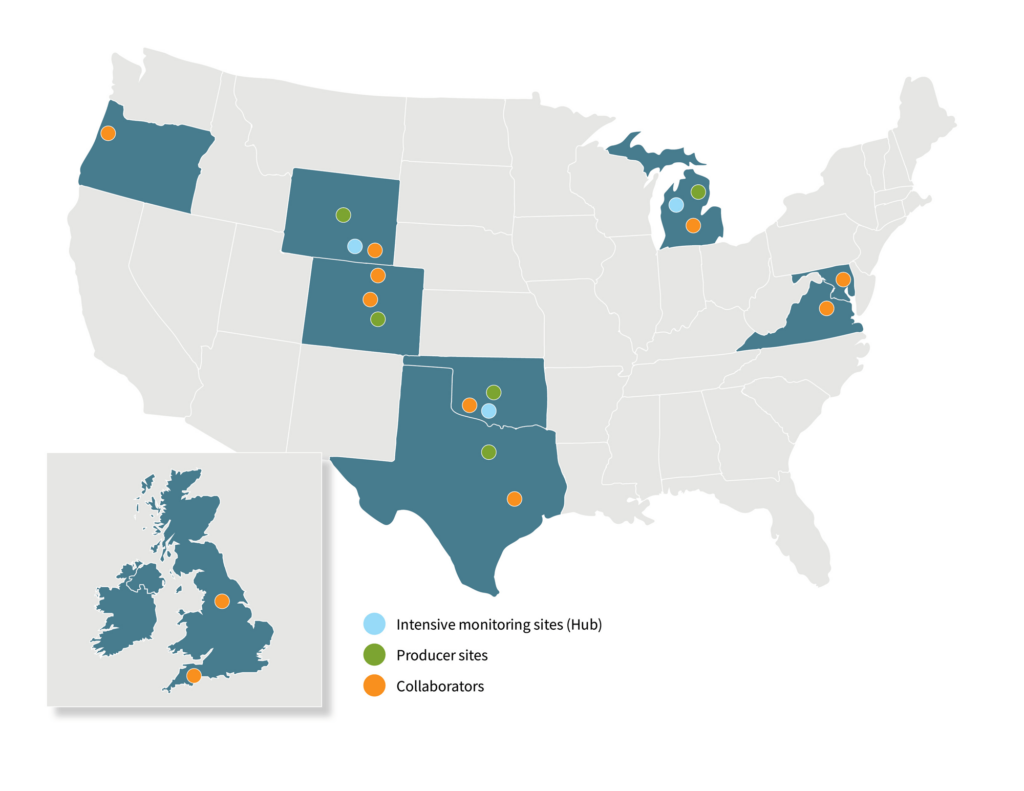
Leading Institutions



Collaborations
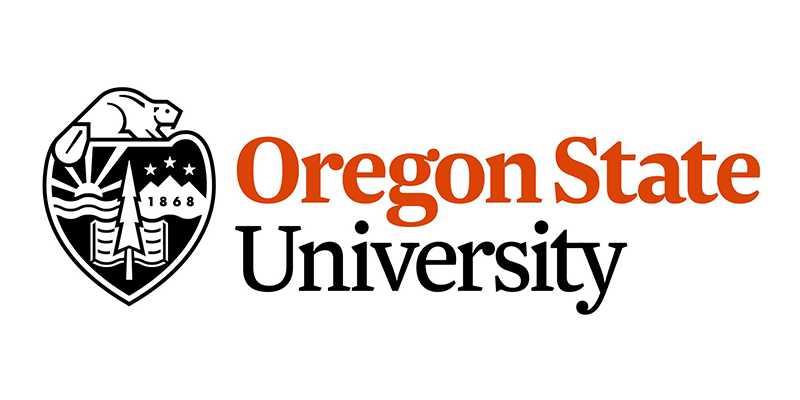
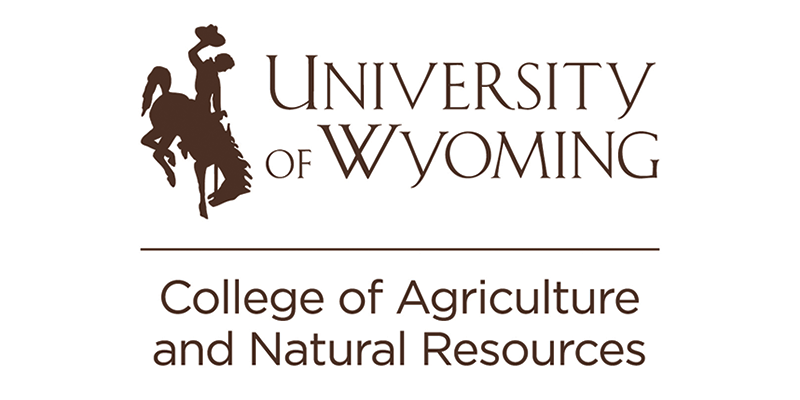





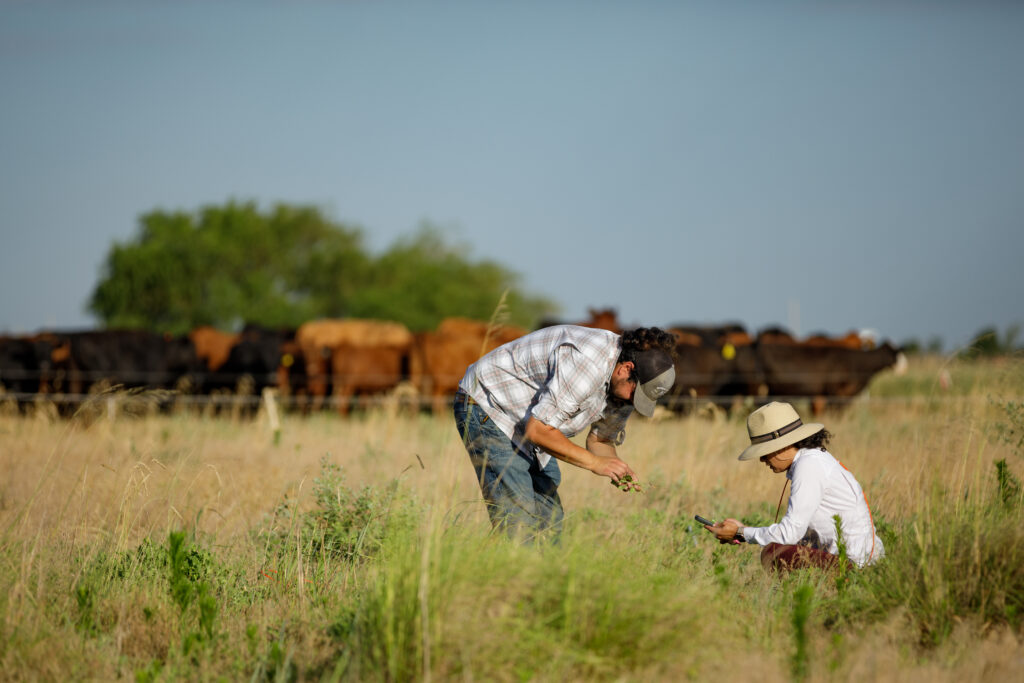
Why focus on pasture and rangeland?
655M
acres of pasture and rangeland in the U.S.
20%
of the world’s soil organic carbon stock is in pasture and rangeland
While most soil health initiatives are focused on cropland, they fail to address the hundreds of millions of acres of degrading pasture and rangeland. There are 655 million acres of pasture and rangeland in the United States. This is 41 percent of the land usage in the continental United States, making it the single largest use of land in the nation – more than row crops, cities and timberlands.
Improving the ecological management of these hundreds of millions of acres, farmers and ranchers can impact national and global mitigation strategies for climate variability and soil productivity, while also producing other significant ecological, economic and social benefits for society at large.
Pasture and rangelands are among the largest ecosystems on the planet, covering 70% of the world agricultural area. Pasture and rangeland soils contain about 20% of the world’s soil organic carbon stock, but have largely deteriorated in many regions due to poor management, fragmentation or conversion to cropland.
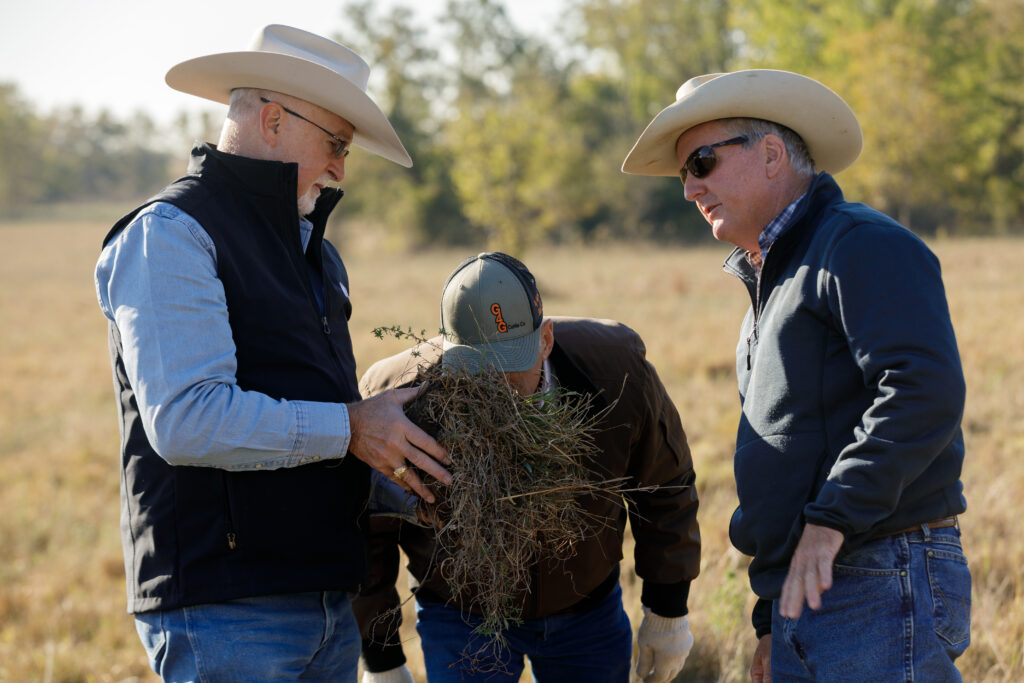
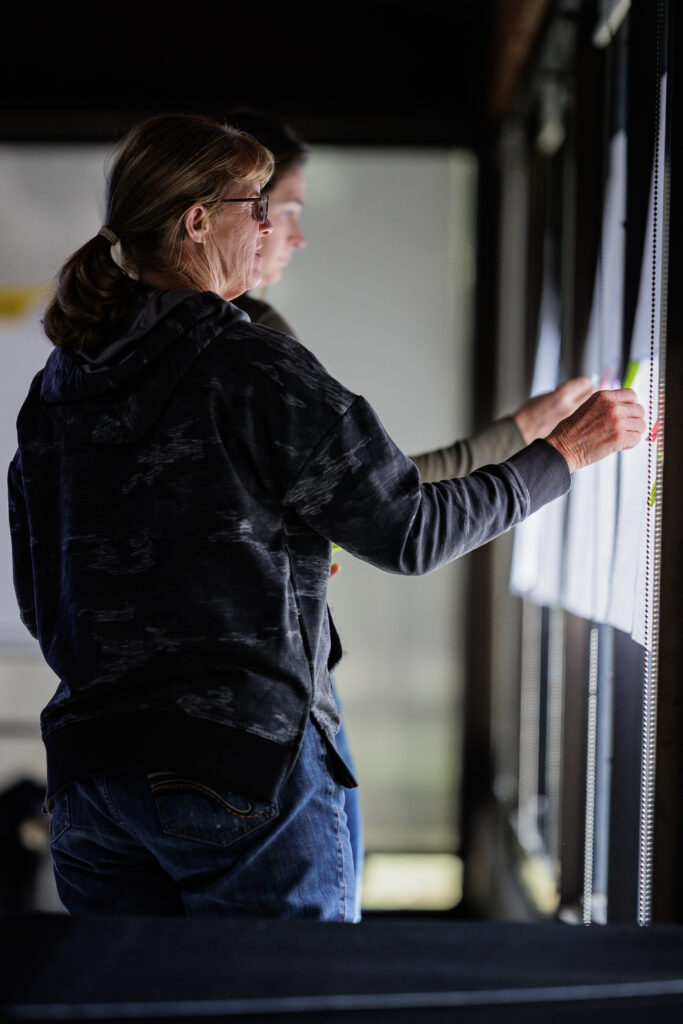
Tangible Outcomes For Farmers And Ranchers:
- Ranchers will be able to quantify their soil health progress and outcomes across their grazing lands, whether pasture or rangeland.
- Tools, usable by farmers and ranchers, to show how their management affects their soil resources, forage productivity, ecosystem function and economic outcomes. They further will have solid evidence on the most influential principles to use for their specific region.
- Peer-to-peer network groups for farmers and ranchers that will continue to work together, transferring knowledge from soil health principles and execution of management and overcome barriers to adoption and sustained use.
- Farmer and rancher-accessible models that predict soil carbon sequestration and other ecological processes like water cycle, nutrient cycle, energy cycle and community dynamics at sites across the country and extrapolated for large-scale application.
- New models for farmers, ranchers and researchers that bring together ecosystem considerations like soil organic matter, soil carbon sequestration, soil water holding capacity, forage productivity and plant diversity with previously overlooked factors — like decision making and producer wellbeing — to create a complex social-ecological system (SES) model.
- Evidence of how grazing animal management can impact farmer and rancher wellbeing. In addition, ranchers will have management tools – informed by the SES model (above)– to explore how management influences social-ecological resilience, including ecological function, natural capital and socio-economic wellbeing.
What is the execution plan and management framework for this project?
Pasture and rangelands are complex social-ecological systems that require the research team to study the people and land as one, unified system. The research team will, therefore, engage ranchers directly at three research hubs in Michigan, Oklahoma and Wyoming.
The research team will establish intensive monitoring locations across these unique ecological sites as well at properties owned and managed by the University of Wyoming, Michigan State University and Noble Research Institute. In addition to these institutional sites, this will include 20 monitoring locations on participating rancher properties per site (60 total).
Key Milestones:
| Year 1 | Year 2 | Year 3 | Year 4 | Year 5 | Year 6 |
|---|---|---|---|---|---|
| Hire staff (Complete) | Recruit producers (Complete) | Model development | Producer convening | Exit interviews, producer meetings | Identified producer follow-up |
| Implement experimental field sites and acquire all equipment (Complete) | Intensive measuring (Complete) | Implement intensive sites–producers | Monitoring producer sites | Scaling of newly formed model | Manuscript development and submission |
| Premeasure intensive monitoring areas (Complete) | Creation of data scaffolding (Complete) | Soil and EOV on producer’s sites | EOV on producer’s sites | EOV on producer’s sites | Second soil core sampling |
| First soil core sampling at the intensive monitoring sites and early measuring (Complete) | Soil and Ecological Outcome Verification (EOV) on producer’s sites (Complete) | Producer meeting (3 sites) | Producer meeting (3 sites) | Feedback tool | |
| Team meeting (Complete) | Producer interviews, training (Complete) | Team meeting | Beta of feedback tool | Integration of socio‐economic information | |
| Producer meeting (3 sites) (Complete) | Team meeting | ||||
| Progress Report Year 1 | Progress Report: Year 2 |